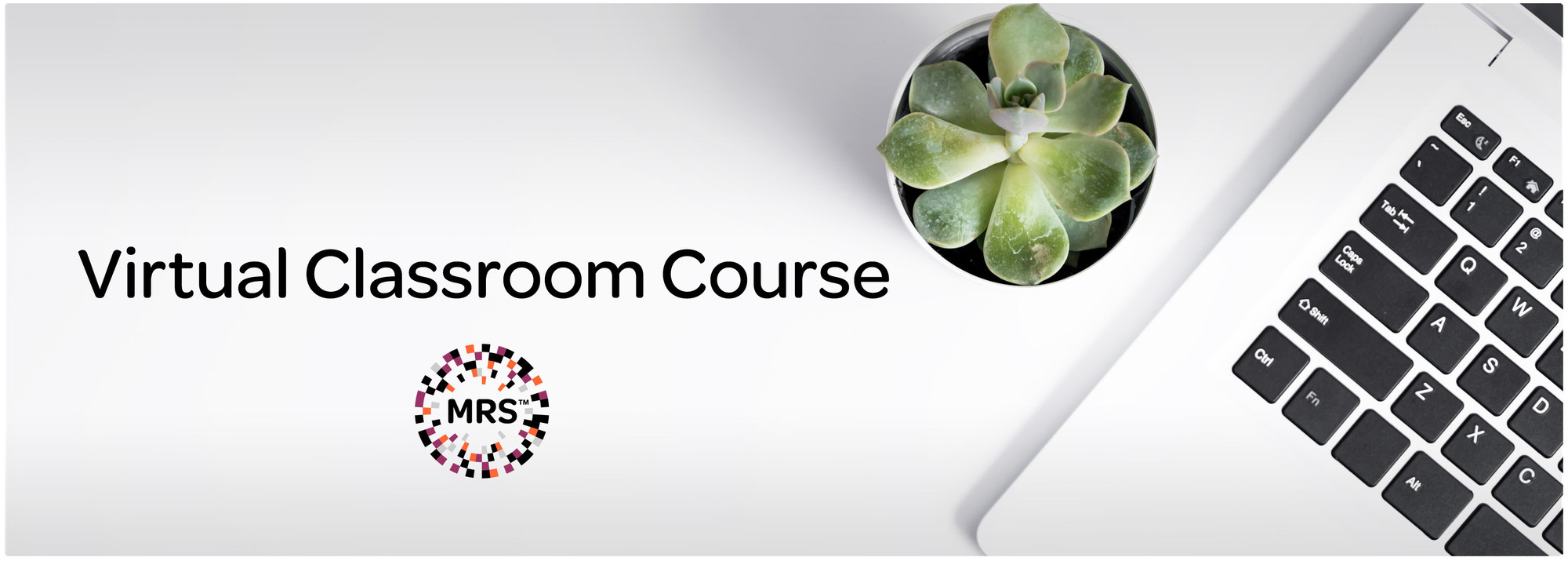Coaching and Communication Skills for Senior Researchers

Date and time
This event has taken place
Location
Online
Virtual training course
Members
£325 + VAT
Non-Members
£475 + VAT
Company partners
£350 + VAT
Company partners
1 CPS Voucher
Learn how to have effective conversations in every aspect of your life as a researcher
Having a good or a bad conversation can affect the outcome of a project, the productivity of a team or the result of a pitch. In short, having better conversations can make all the difference to your work and your working environment.
Coaching skills teach us about having effective conversations. By using these on a day-to-day basis, people can have more productive relationships with colleagues and clients, leading to higher levels of satisfaction and engagement all round.
Many of the skills involved in coaching are innate to researchers, but we often don’t use them to our best advantage. Effective listening and questioning are key, as are setting clear goals and objectives in conversations – we draw on these skills with respondents, but not always in other professional situations.
A few examples of where coaching skills can aid conversations for a research managers are:
- Having constructive discussions with clients, especially where there is lack of clarity around objectives for the research
- Developing staff, both within the formal appraisal/review setting and during the more informal, everyday delegation and communication of tasks
- Achieving a deeper level of insight within interviews through using advanced listening and questioning skills
- Designing research materials, including discussion/ interview guides and projective techniques, that ask better, more pertinent questions
Learning the skills used in coaching is enough to provide experienced researchers with the confidence to start having better conversations in every aspect of work – making them better researchers, better people managers and better client handlers.
Learning outcomes
- Understand what coaching is and how it can help you hold better conversations
- Know how to use simple coaching models to hold more constructive conversations with colleagues and clients
- Develop advanced listening skills to help you be a better manager and researcher
- Learn new questioning techniques – including the power of not asking ‘why’ questions – to improve your skills as a researcher
- Become better at working and communicating with people at all levels, from respondents, to colleagues to clients
Throughout the course, we will look at everyday scenarios where coaching skills could be applied, so we’ll ask you to submit common issues and scenarios beforehand to ensure this section is relevant to you all.
Who will benefit
- Researchers with at least three years’ experience, ideally with managerial and/or client management responsibilities, or progressing towards this
- Those interested in developing both their management and research skills together
The course is mainly designed for those with agency-side experience, but client-side researchers are welcome as the skills learned are applicable to all.
Additional Information
Date and time
This event has taken place
Location
Online
Virtual training course
Members
£325 + VAT
Non-Members
£475 + VAT
Company partners
£350 + VAT
Company partners
1 CPS Voucher
Get the latest MRS news
Our newsletters cover the latest MRS events, policy updates and research news.










